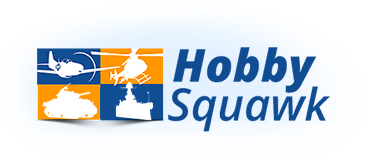I am terrible at soldering!
Now with that said. I'm looking at upgrading my ESC. The ESC I want to get has 4mm bullet connectors to the motor. The motor I will be connecting to has 3mm bullet connector. To avoid trying to solder new matching bullet connectors. I had the thought of buying motor extension leads with 4mm bullet connectors, cut the 3mm off of the motor leads, and use butt connectors to connect the 4mm bullet connectors. Would the use of butt connectors be a issue instead of soldering???? Or, is there someplace that sells adapters to go from 4mm to 3mm bullet connectors?
Thanks.
Now with that said. I'm looking at upgrading my ESC. The ESC I want to get has 4mm bullet connectors to the motor. The motor I will be connecting to has 3mm bullet connector. To avoid trying to solder new matching bullet connectors. I had the thought of buying motor extension leads with 4mm bullet connectors, cut the 3mm off of the motor leads, and use butt connectors to connect the 4mm bullet connectors. Would the use of butt connectors be a issue instead of soldering???? Or, is there someplace that sells adapters to go from 4mm to 3mm bullet connectors?
Thanks.





Comment